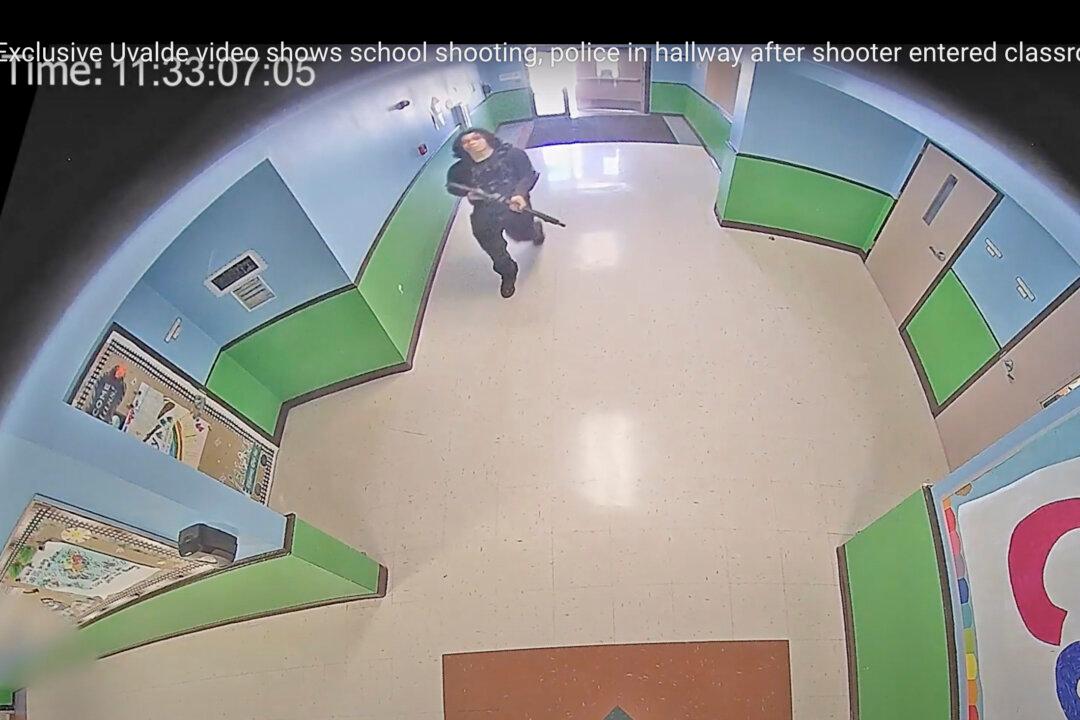The Uvalde, Texas, gunman gave off so many warning signs that he was obsessed with violence and notoriety in the months leading up to the attack that teens who knew him began calling him “school shooter.”
He was once bullied as a fourth-grader in one of the same classrooms where he killed 19 children and two teachers. And in the planning for the May 24 shooting, he collected articles about the Buffalo, New York, supermarket shooting and played video games with a young student while quizzing him about the school schedule.





